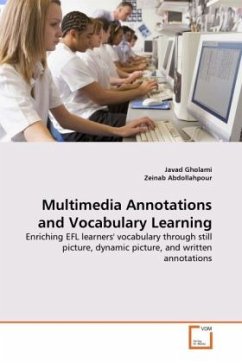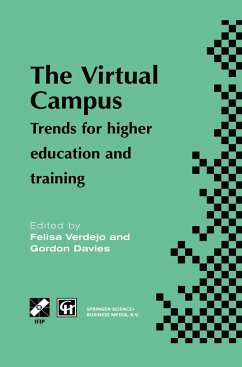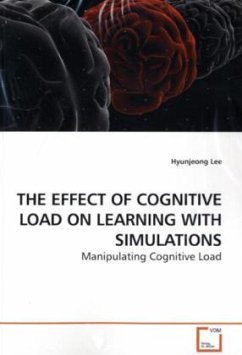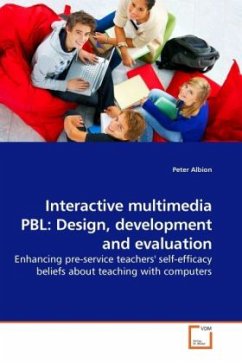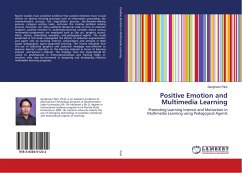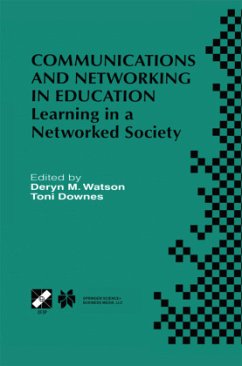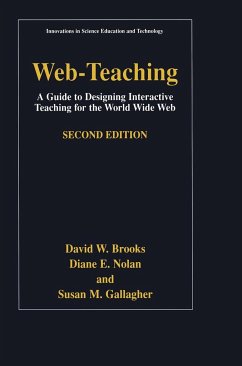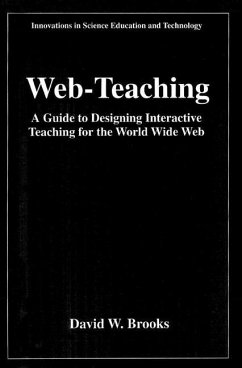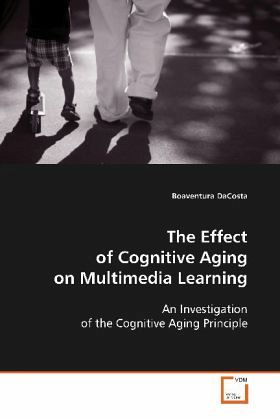
The Effect of Cognitive Aging on Multimedia Learning
An Investigation of the Cognitive Aging Principle
Versandkostenfrei!
Versandfertig in 6-10 Tagen
32,99 €
inkl. MwSt.

PAYBACK Punkte
16 °P sammeln!
If not designed in consideration to the workings of the human mind, multimedia learning environments can impose too high a demand on working memory. While such high cognitive load presents challenges for learners of all ages, older learners may be particularly affected as research on cognitive aging has shown the efficiency of working memory declines with age. Research has suggested that cognitive load theory and the cognitive theory of multimedia learning are likely to accommodate the cognitive needs of older learners; few of the principles emerging from these theories, however, have been exa...
If not designed in consideration to the workings of
the human mind, multimedia learning environments can
impose too high a demand on working memory. While
such high cognitive load presents challenges for
learners of all ages, older learners may be
particularly affected as research on cognitive aging
has shown the efficiency of working memory declines
with age. Research has suggested that cognitive load
theory and the cognitive theory of multimedia
learning are likely to accommodate the cognitive
needs of older learners; few of the principles
emerging from these theories, however, have been
examined in the context of cognitive aging.
This study contributes to research on the cognitive
aging principle. Participants were exposed to
multimedia learning treatments presented as
animation with concurrent narration and concurrent
text, followed by retention, concept, and transfer
tests of multimedia learning. The findings were in
line with prior studies investigating the cognitive
aging principle. This study should be of particular
significance to educational researchers and practitioners within the instructional design
community.
the human mind, multimedia learning environments can
impose too high a demand on working memory. While
such high cognitive load presents challenges for
learners of all ages, older learners may be
particularly affected as research on cognitive aging
has shown the efficiency of working memory declines
with age. Research has suggested that cognitive load
theory and the cognitive theory of multimedia
learning are likely to accommodate the cognitive
needs of older learners; few of the principles
emerging from these theories, however, have been
examined in the context of cognitive aging.
This study contributes to research on the cognitive
aging principle. Participants were exposed to
multimedia learning treatments presented as
animation with concurrent narration and concurrent
text, followed by retention, concept, and transfer
tests of multimedia learning. The findings were in
line with prior studies investigating the cognitive
aging principle. This study should be of particular
significance to educational researchers and practitioners within the instructional design
community.



